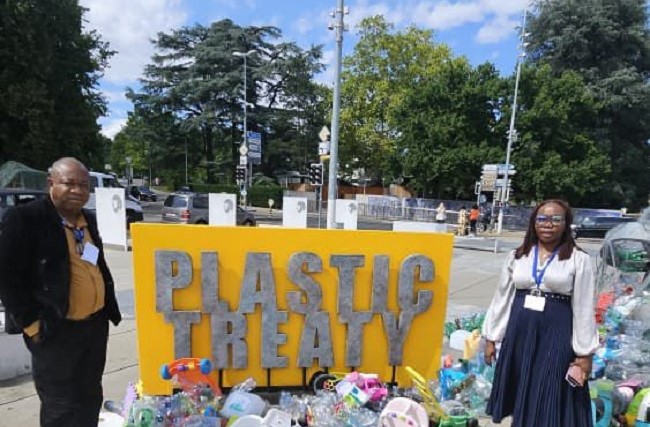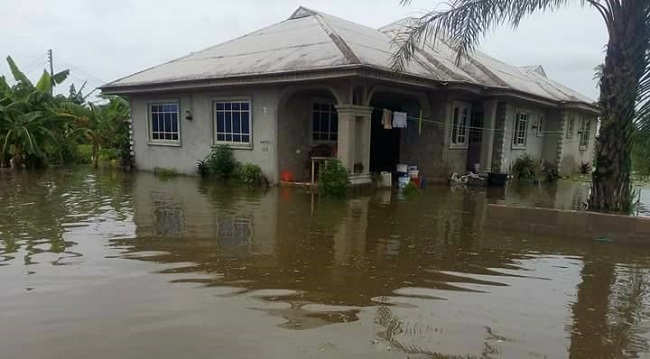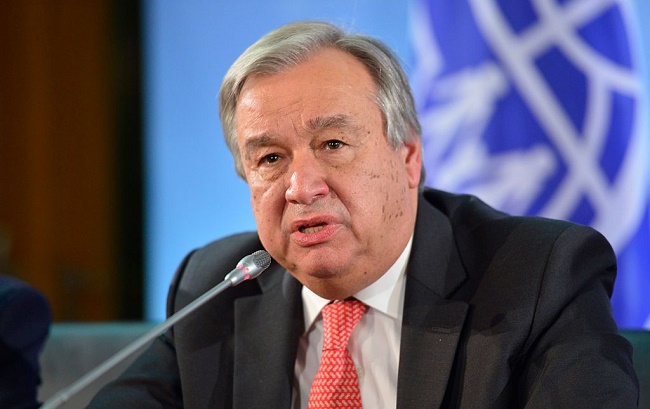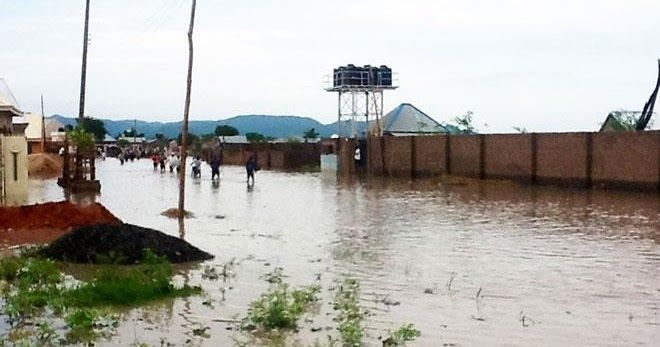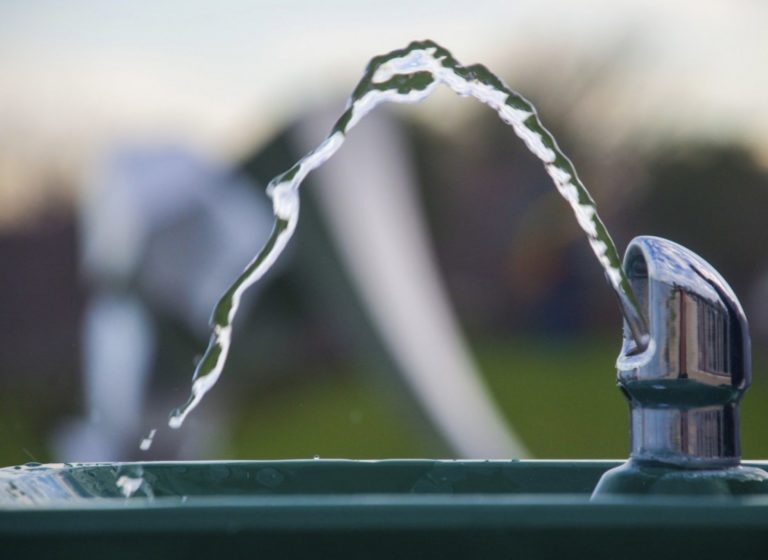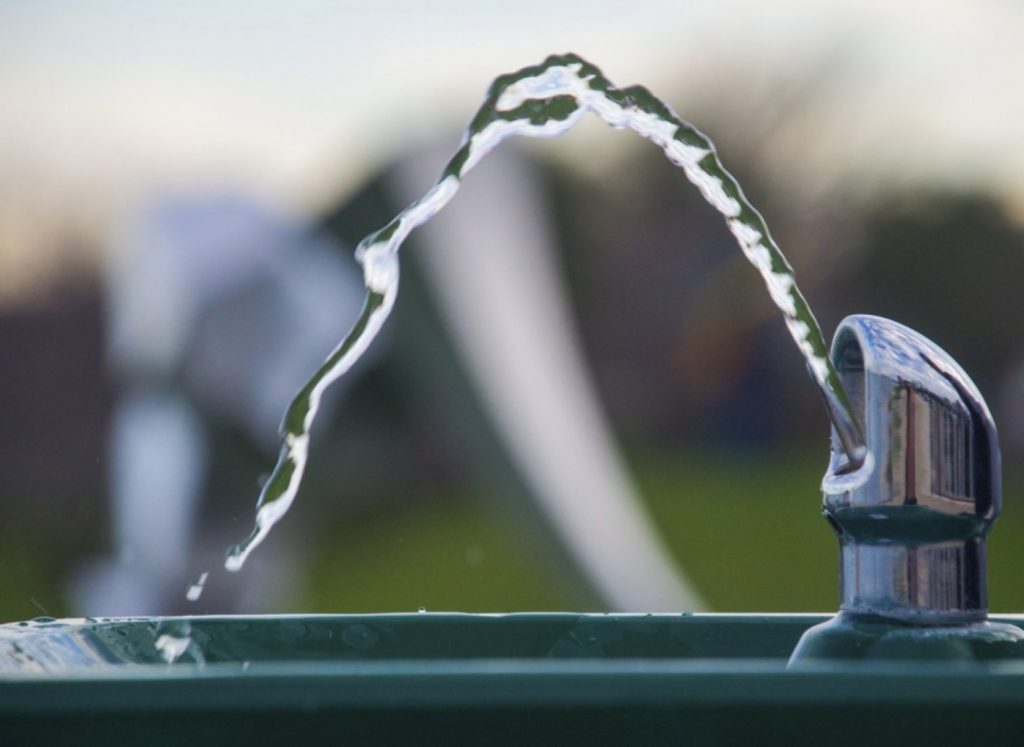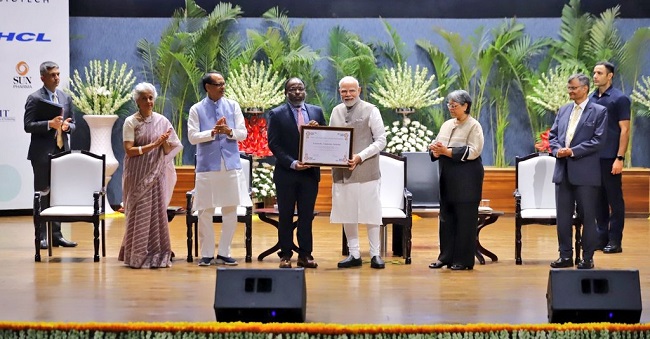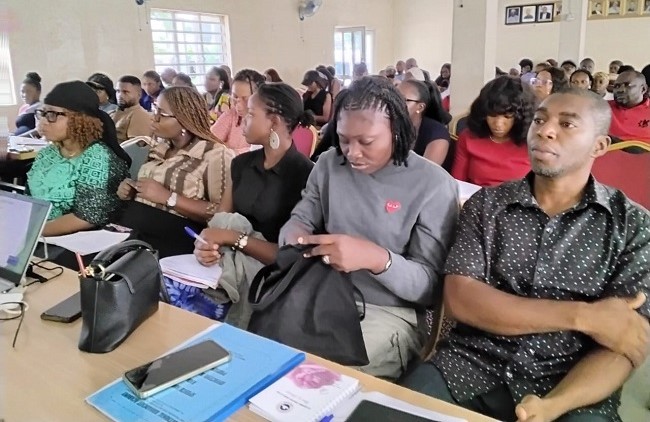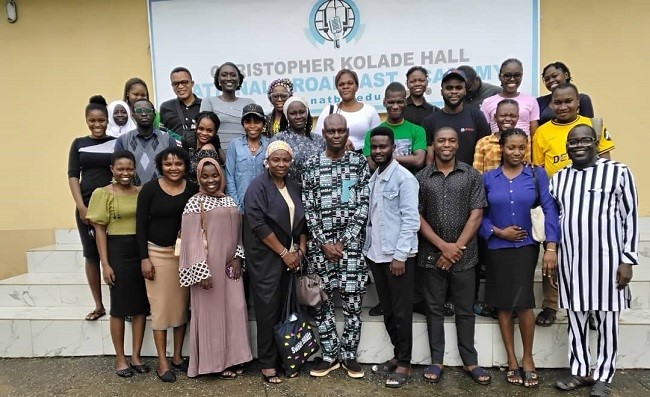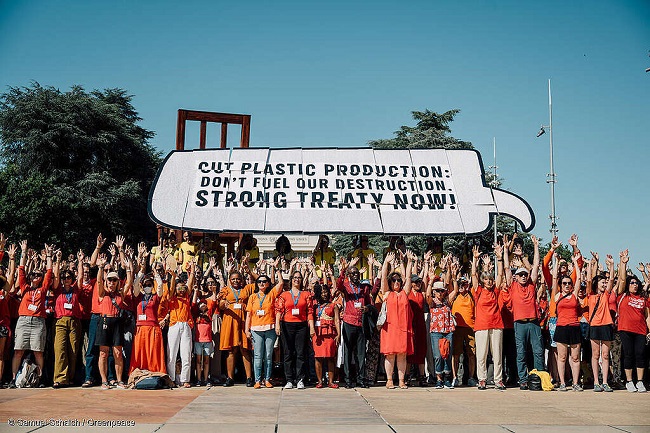Three South-South states – Edo, Bayelsa, and Delta – say they are taking bold steps to implement Nigeria’s decentralised electricity policy and entrench local government autonomy, signalling a shift in how subnational governments manage critical infrastructure and grassroots governance.
A survey shows that the three states have domesticated key provisions of the Federal Government’s unbundling of the power sector.

The action moves electricity generation and distribution from the exclusive to the concurrent legislative list.
This change allows states to establish their own electricity markets, license operators, and directly invest in power projects.
The states also claimed that their local government councils now enjoyed greater financial and administrative independence, although stakeholders gave mixed assessments of how far-reaching these reforms have been.
Mr. Bugie Okhuemoi, Special Adviser on Media to Gov. Monday Okpebholo of Edo, said the state was leading in implementing the Federal Government’s decentralisation policy, in line with President Bola Ahmed Tinubu’s Renewed Hope Agenda.
“To actualise this vision, Gov. Okpebholo recently signed the Edo State Electricity Bill 2025 into law, formally establishing a framework for state-regulated electricity operations.
“This historic legislation enables Edo to generate, transmit, and distribute electricity independently, breaking the state’s dependence on the national grid.
“In line with the new law, the Edo State Electricity Regulatory Commission has been established to monitor, license, and supervise electricity-related activities across the state.
“The commission will work closely with the newly formed Edo State Electricity Advisory Council, comprising technical experts, investors, and energy stakeholders.
“Together, these institutions will provide strategic guidance, ensure transparency, and build investor confidence in Edo’s electricity market through structured and predictable regulatory mechanisms,” Okhuemoi said.
The governor’s aide said that this structure would improve service delivery, reduce outages, enhance operational efficiency, and boost internal revenue through licensing fees, tariffs, and public-private energy partnerships.
According to him, the state plans to invest in independent power projects (IPPs) for residential, commercial, and industrial use, while attracting private sector investment through policy incentives and streamlined regulations.
“Governor Okpebholo’s administration believes that access to reliable electricity is fundamental to economic development, job creation, digital innovation, and the overall quality of life.
“Edo State is now positioning itself as an energy hub in the South-South.
“This marks a significant shift in Nigeria’s federal structure, where states are becoming engines of growth, empowered to solve challenges at the local level.
“With both legislative and energy autonomy now in place, Edo is paving the way for a more self-reliant, progressive, and responsive model of subnational governance,” he concluded.
On local government autonomy, Obosa Ogbeide, Executive Chairman, Ikpoba Okha Local Government of the state, said that the 18 local government councils were enjoying independence.
According to him, what is happening is that the money comes through the state to the local government councils.
“So, whether it comes directly or through the state, it is the same thing.”
However, Solomon Idiogbe, a civil society activist, described Nigeria’s policies as one without action, lamenting Nigeria’s failed implementation strategies.
Idiogbe insisted that Nigeria’s major challenge was not policy formulation but the lack of genuine strategies for effective implementation.
He argued that the country was building strong individuals rather than strong institutions capable of enforcing and sustaining the policies already developed.
Idiogbe stated that Nigeria’s decentralisation of power generation and distribution was not new, yet meaningful implementation had remained elusive due to entrenched political interests.
“We have heard of deregulation and decentralisation for decades, yet the same policymakers manipulate the markets and determine tariffs that affect millions of citizens,” he said.
According to him, there is no genuine commitment to reforms; policies only exist on paper to maintain poverty and keep the populace under political control.
“The terms deregulation, privatisation, and decentralisation mean nothing to Nigerian politicians; these buzzwords are often tools of deception.
Sharing his views on local government autonomy, Idiogbe noted that state-level political actors still determined who became council chairman, limiting the impact of any local government reform.
The civil society activist emphasised that as long as policymakers controlled party delegates and dictated who become chairmen, there could be no true autonomy or free and fair elections at any level of governance in Nigeria.
On legislative autonomy, immediate past deputy speaker of the Edo House of Assembly, Maria Oligbi-Edeko, described the current situation in the Edo assembly as a defining milestone in the state’s democratic evolution.
Oligbi-Edeko emphasised the importance of the law, noting that autonomy empowered the Assembly to function independently, enhancing accountability, transparency, and balanced governance within the democratic framework.
“The autonomy signed into law in Edo is a legal victory; it was a transformative breakthrough enabling lawmakers to act in citizens’ best interests, free from undue executive influence,” she explained.
Oligbi-Edeko further stated that change had allowed legislative decisions to reflect public needs more accurately, creating a stronger, more participatory model of governance.
She affirmed that the autonomy would endure as a democratic legacy, continuing to benefit future assemblies, lawmakers, and the people of Edo State for years to come.
“This reform redefined how power is shared.
“It moved us away from dependency, allowing lawmakers to boldly engage, question, and act in full service of the electorate.
“With this autonomy, the assembly now operates with dignity and independence,” she added.
According to her, autonomy sends a powerful message that democracy belongs to the people, not just to politicians.
In Bayelsa, stakeholders said the state government did not interfere with local government funds, though allocations still pass through the state treasury.
A former councillor in Yenagoa Local Government Area of the state, Ezibeya Sinizine, said this arrangement had not hindered council chairmen from executing projects, citing a 30-bed primary health centre built in Yenagoa LGA.
“This autonomy has enabled council chairmen to execute projects like the Biseni health centre, roads in Yenagoa, and works across almost all the LGAs in Bayelsa,” Sinizine said.
He insisted that this state government only supervised the third tier of government, observing, however, that council chairmen were yet to start receiving their allocation directly from the federation account.
On electricity reform, Olice Kemenanabo, Managing Director, Bayelsa Electricity Company Ltd, said work was underway on a newly acquired 60MW gas turbine to guarantee steady power.
“As we speak, we have started installing new poles and towers that will enable us distribute power from the gas turbines to Bayelsa people, as promised by the governor.
“And so with the level of work already done, we are very optimistic that going by the governor’s promise, that we are going to complete installation of the new 60mw gas turbines and supply electricity to the people this year,” he said.
Kemenanabo projected that, upon completion, the project would improve the investment climate and attract businesses to the state.
In Delta, the state government said it would implement a decentralised mini-grid model to boost resilience in electricity supply.
Mr. Sonny Ekedayen, State’s Commissioner for Economic Planning, said the domestication of the 2023 Electricity Act in the state had provided the legal basis for the initiative.
“With the mini-grid approach, if an outage occurs in one part of the state, it will not affect other areas,” he explained.
He added that the model allowed operators to tailor energy solutions to the resources available in their zones – from gas to solar and hydro.
The commissioner disclosed that the State Executive Council had approved the creation of the Delta State Electricity Commission as regulator.
He said this state also established a Rural Electricity Agency to serve under-served communities, and technical and market operators to ensure minimum electricity hours and track supply data.
The approach, he said, differed significantly from the conventional centralised grid, which often left the entire regions in darkness when there was a failure at a single point in the system.
Ekedayen added that the entire electricity reform would be privately funded, with the state government providing only the regulatory framework and the enabling environment.
“This is a private sector-driven initiative. Our role is to set the rules, ensure fairness, and create the atmosphere for investment and innovation to thrive,” he explained.
“The commission will be responsible for issuing licences, monitoring compliance, and mediating between operators and consumers,” he said.
“In addition, the state has created the role of a System Operator to oversee the technical coordination of generation and supply processes, and a Market Operator who will track supply data, enforce service standards, and ensure that minimum electricity hours are delivered to homes and businesses.”
Ekedayen announced that a consultant would also be appointed to help midwife the electricity transition process, providing expert guidance and assisting in the creation of a robust implementation roadmap.
He acknowledged that while electricity market reform was still new territory for many sub-national governments, but said Delta remained committed to getting it right.
“Only a few states in Nigeria have dared to venture this far. But we are determined to deliver not just electricity, but a system that works, one that creates jobs, supports industry, and improves the quality of life for our people,” he said.
The Commissioner said that the journey would be deliberate and methodical to avoid costly mistakes, but always with the people’s best interests at the core of every decision.
He described the latest council approvals as the formal birth of the Delta State Electricity Market and expressed optimism that the business and manufacturing sectors would welcome the initiative with enthusiasm.
“With this, we are confident that Delta is on course to becoming a model for sub-national electricity transformation in Nigeria,” Ekedayen said.
Sharing a similar sentiment, Mr. Sunday Tataobuzuogwu, State’s Commissioner for Energy, said Delta’s large gas reserves were a magnet for investors, while solar mini-grids were planned for riverine and off-grid areas.
“Aince it is easier and cheaper to get gas in the state as opposed to outside the state, availability of power in the state will no doubt drive economic activities and very soon Delta will become the investment hub of Nigeria,” he said.
According to him, in the past two years of the Oborevwori’s administration, most communities have night life because of the government’s intervention in lighting up of such communities through the installation of street lights.
“The government has powered up roundabout vicinities and provided lights in the markets, thereby enhancing economic activities in those areas,” he explained.
He said the ministry of energy had supplied transformers to many communities across the state and was still buying more transformers to ensure as many communities as possible get connected to a power source.
He asserted that plans were underway to provide electricity in hard-to-reach areas through the roll out of solar mini-grids, especially in riverine and off-grid locations to cater for the underserved populace.
He added, however, that electricity consumers should be ready to pay for power consumed as the government would not subsidise the cost of power.
In his part, Mr. Emmanuel Ofodu, an expert in the power sector, said the mini-grid model approach of the state government would leverage on the resource availability in various community to address their power need.
According to him, there are areas where investors may adopt wind energy and other renewable sources to breach the gap all in a bid to provide sustainable electricity for the people.


